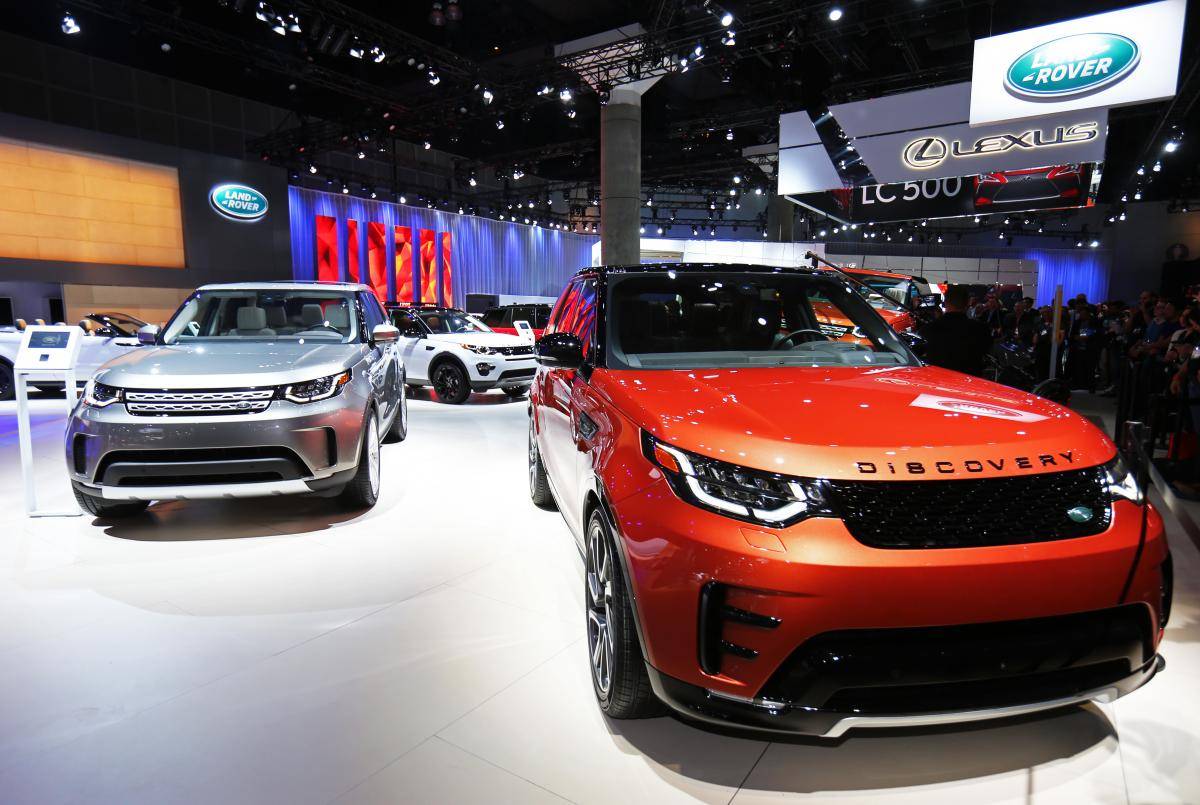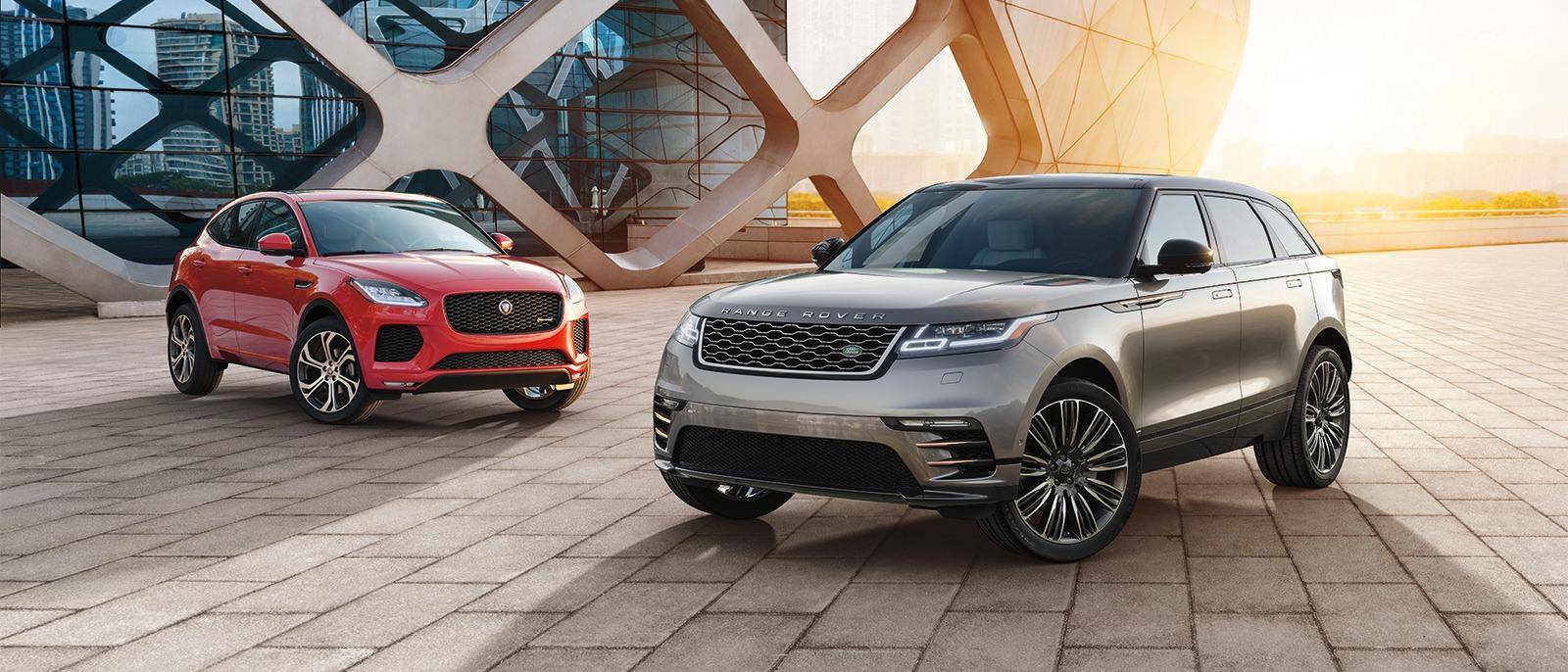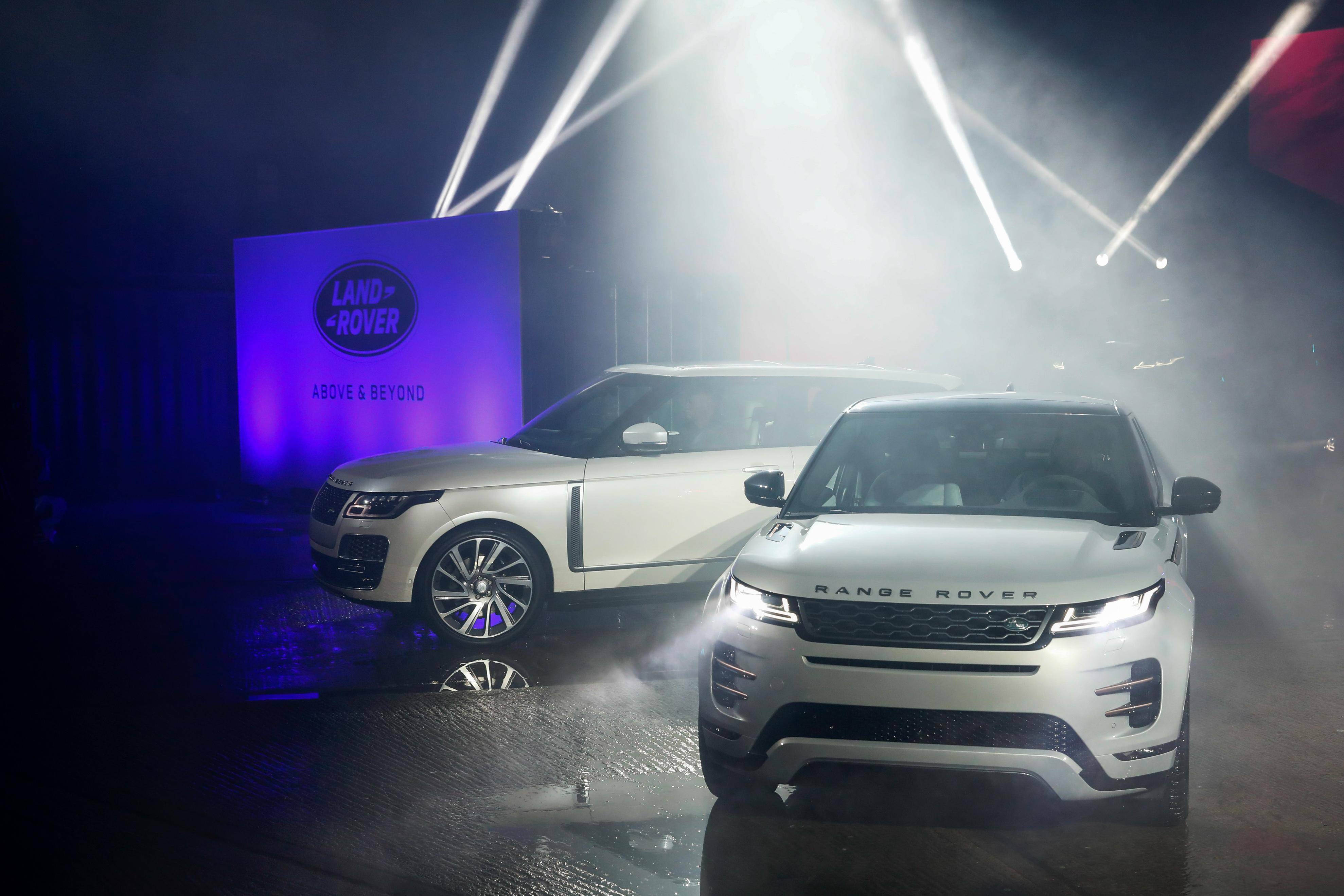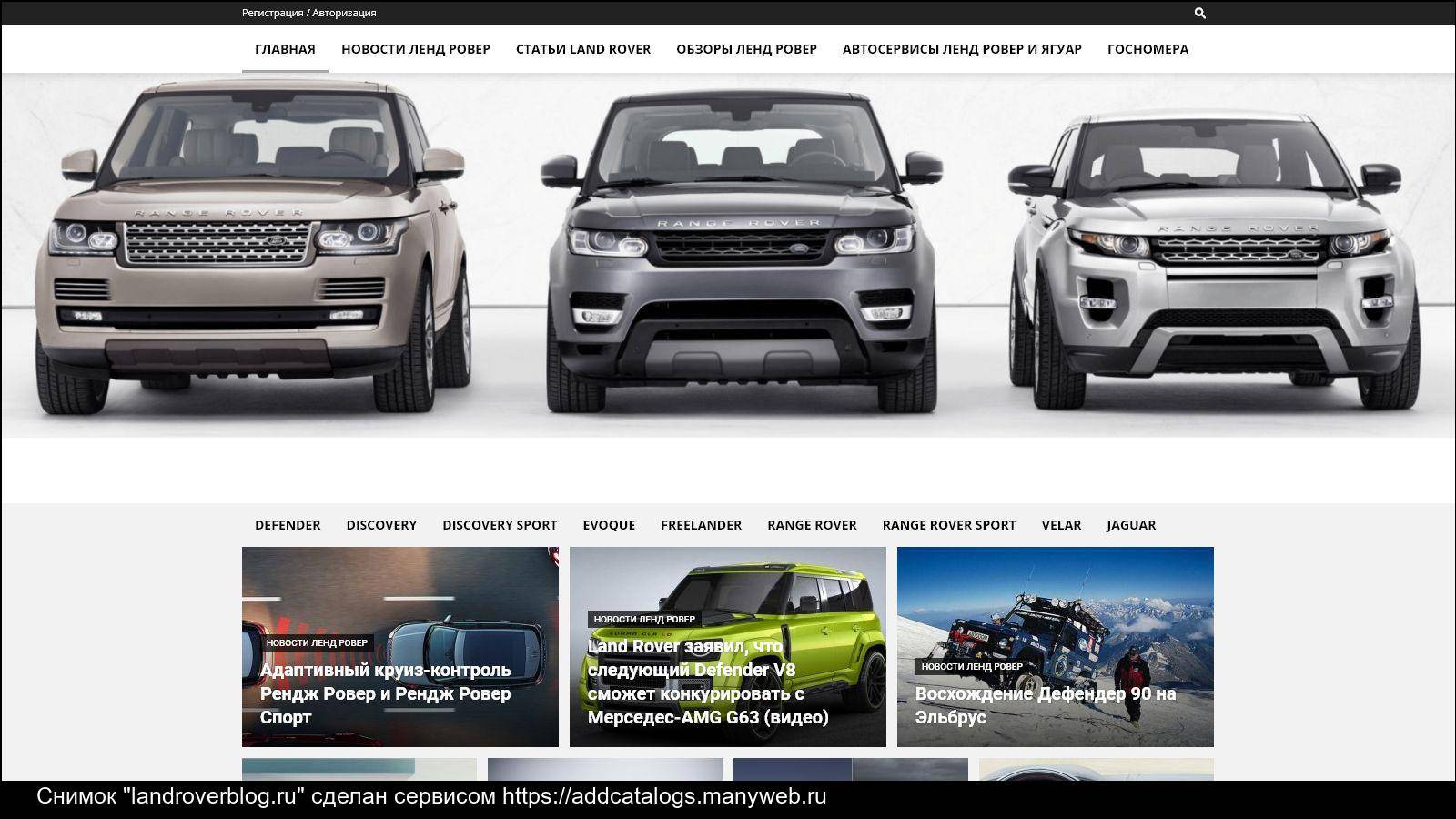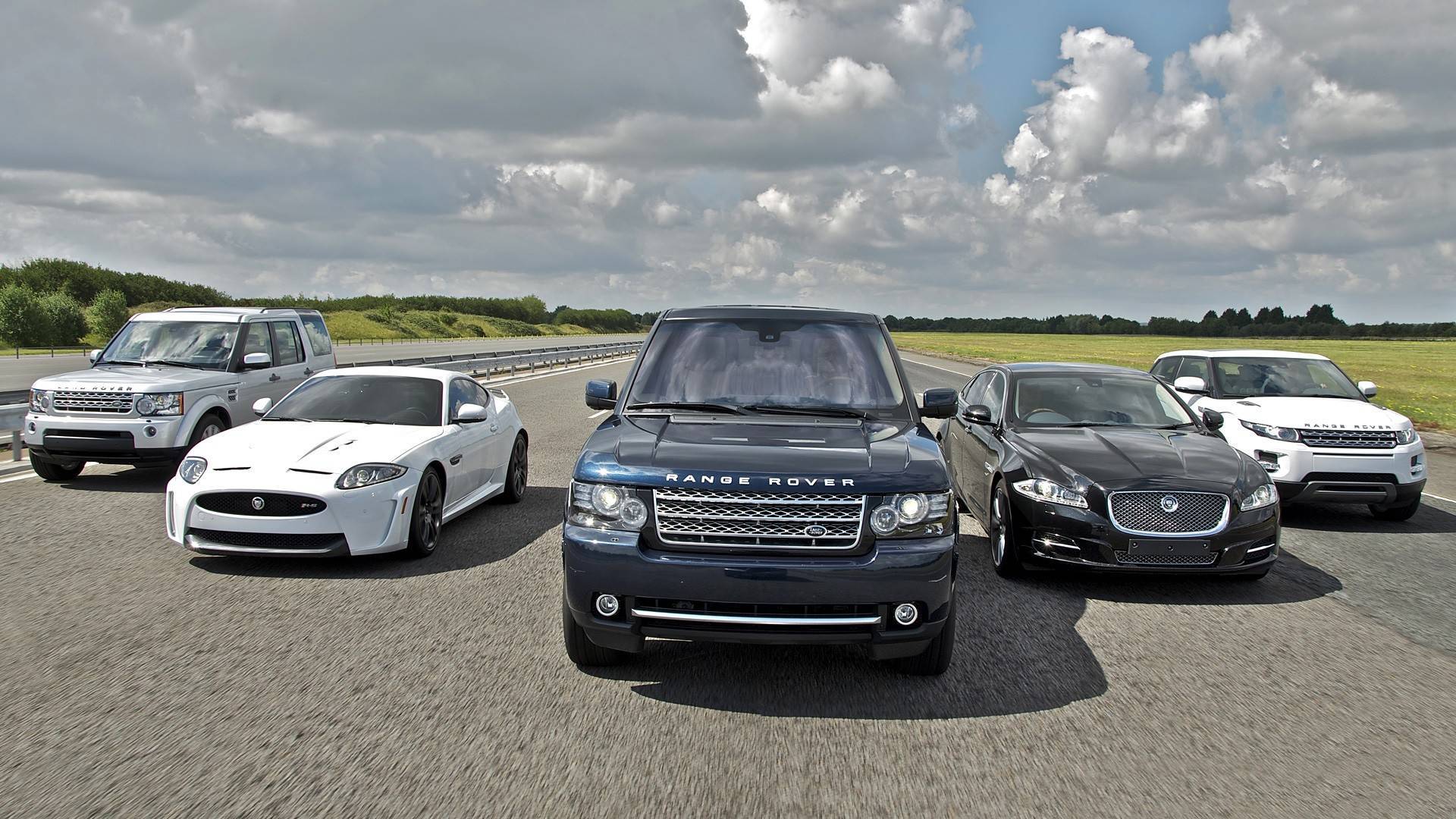Tata Technologies and Jaguar Land Rover for digital transformation
Jaguar Land Rover is currently collaborating with Tata Technologies, a global digital engineering, product development and services company, to accelerate the digital transformation of its industrial strategy.
The first phase will involve the main production plants in the United Kingdom, and then continue with the other locations around the world.
The task of Tata Technologies will be to provide an integrated end-to-end Enterprise Resource Planning (ERP) capable of transforming Jaguar Land Rover’s production, logistics, supply chain, finance and purchasing modules, to then bring together data and knowledge from multiple departments in a single source.
All this thanks to the new user interface of the award-winning Tata Technologies software, which will thus bring a certain stability in operations, improving visibility both between teams and for suppliers.
ERP is therefore the key to streamlining and consolidating information across all major areas of business by snapping, storing and interpreting data to deliver information instantly, enabling companies to respond to problems, challenges and opportunities in an agile and timely manner.
“Partnering with Tata Technologies will enable us to accelerate the transformation of our core ERP infrastructure to deliver the efficiency and usability we need for the future and our transformation goals,” he said. Barbara Bergmeier, Executive Director of Industrial Operations di Jaguar Land Rover.
“The agreement also highlights the strength that we are part of the Tata Group in achieving the objectives of our supply chain, and industrial operations in the broadest sense.”
Government intervention

For the rest of the company’s plants, the future is more uncertain still. Tata has said that it wants to sell its plants “in a time-bounded way”, or in other words pretty quickly. Fairly understandable when your business is losing around a million pounds every single day.
However, it has insisted that it’s not leaving its business high and dry, pointing to the Liberty and Greybull buy-outs, but there’s still a question mark over the future of its other facilities, particularly large plants like Port Talbot.
The government has made assertions that it would be willing to step in and temporarily take over the Tata business until suitable buyers for the plants are found. Business minister Anna Soubry told Radio 4’s Today programme that the government would “look at all options” while Tata tries to find a buyer.
It’s understood that there are currently talks between the government and ministers, with the government considering offering loan guarantees to potential buyers, as well as tighter rules to ensure that major British projects are obliged to buy British steel.
Soubry also noted that the government may look into temporarily nationalising the steel industry in order to protect Tata Steel’s plants and the jobs of the workers employed there until it can ensure that a suitable buyer has been secured. However, many including Labour MP Stephen Kinnock, whose constituency includes Port Talbot, have accused the government of not doing enough to support the industry before Tata decided to pull out of the UK.

On the flip side, although Tata Steel’s efforts to withdraw from the UK potentially spells bad news for the country’s economy and the thousands of workers which depend on it, for Jaguar Land Rover the company may be insulated from the fallout thanks to Tata’s ownership.
The move to sell its British steel plants has been necessitated by the need to recoup the money Tata has haemorrhaged in the recent past, meaning that plugging any potential leaks could leave more capital for investment back into Jaguar Land Rover’s future.
Nevertheless, the question of how the reshuffle will affect the steel used by the carmaker remains. According to data from Trefis, although JLR’s sales are expected to continue to rise until 2020, the unpredictability of overseas economies, particularly the Chinese economy, could cause trouble.
Trefis estimates that if Jaguar Land Rover’s unit sales dip by even two per cent across the board, JLR’s parent company Tata Motors could experience a decline in equity valuation of up to 15 per cent by 2020.
SUBSIDY RACE
Britain has previously expressed concerns over the United States’ promise of hundreds of billions of dollars in subsidies for green industries.
Finance minister Jeremy Hunt, who has said that Britain will not go toe-to-toe on subsidies, declined to give details on any UK financial support for Tata but acknowledged Britain’s need to attract big projects.
“We’re in competition with countries all over the world for these big investments,” he said.
Andy Palmer, former CEO of Aston Martin and current chairman of EV battery maker InoBat, told BBC radio government subsidies were needed to keep Britain competitive.
“Almost every car producing nation in the world (is) offering a lot of incentives,” he said.
Shares in Tata Motors shares rose 1.3%, outshining the broader index in India which was up 0.4%.
($1 = 0.7716 pounds)
Reporting by Alistair Smout and Muvija M in London and Nick Carey in Gaydon, additional reporting by Sarah Young, Andrew MacAskill and William James, Editing by Paul Sandle and Emma Rumney
Our Standards: The Thomson Reuters Trust Principles.
LIFELINE
Industry figures welcomed the announcement as a lifeline to a sector that otherwise risked being left behind as other countries offer subsidies to support electric carmakers.
[1/2]A Tata Motors logo is pictured outside the company showroom in Mumbai, India February 5, 2018. REUTERS/Danish Siddiqui/File Photo/File Photo Acquire Licensing Rights
Under net zero goals Britain plans to ban the sale of new petrol and diesel cars from 2030, and under post-Brexit rules automakers will also need to source more EV components locally to avoid tariffs on UK-EU trade from 2024.
Major automakers including Vauxhall-owner Stellantis and Ford warned in May that the looming rules risked making Britain unviable for future investment, prompting the government to say it was trying to ease them.
The failure of an EV startup, Britishvolt, in January also underlined the difficulties of establishing a home-grown industry amid a shortage of suitable sites.
Investment minister Dominic Johnson said the factory “really does move the needle and acts as a massive beacon for the global car industry to say that the UK is back in business.”
“Hopefully we’re going to be returning to our peak level car production over the next five to 10 years,” he told Reuters.
He added that when Britain lost out on Tesla’s European gigafactory in 2019 the government decided: “We’re never going to let that happen again.”
“We were absolutely focused on winning this investment,” he said. “As soon as it got out that we may be in the running to win this amazing investment, we started to get some quite interesting inquiries from other companies.”
La partnership
Indeed, the agreement promotes the alignment of Jaguar Land Rover with the companies of the Tata Group as part of its Reimagine strategy. In fact, Tata Technologies has over 30 years of experience in product and digital engineering, with a network of 11,000 innovators worldwide and customers in 27 countries.
“The collaboration with Jaguar Land Rover on ERP transformation is another milestone in nearly two decades of relationship. The trust placed in us by Jaguar Land Rover confirms our long-standing expertise in automotive engineering and digital solutions delivery.
This collaboration will help Jaguar Land Rover produce innovative and sustainable vehicles and accelerate time to market using next generation digital technologies. We are delighted to strengthen our engagement with Jaguar Land Rover and are fully committed to applying our digital engineering capabilities to help launch their new generation of vehicles,” he commented. Warren Harris, MD and CEO of Tata Technologies.
In the end, Anthony Battle, Chief Information Officer di Jaguar Land Rover, He said, “Jaguar Land Rover’s digital transformation will play a key role in making the business more agile within Reimagine, and in realizing our potential as a technology leader. With our Digital 2024 program, we are transitioning to a cloud-native digital landscape and the partnership with Tata Technologies allows us to take another important step in this journey“.
In addition to a standard operating model, Tata Technologies will integrate SAP S/4 HANA and SAP BTP with existing software to update Jaguar Land Rover’s architecture in accordance with the company’s digital transformation strategy. SAP S/4 Hana software package is a modern cloud-based system, which ensures operational efficiency and stability.
Knock-on effect

As early as last December, staff from Jaguar Land Rover also questioned the Indian company’s commitment to the UK after Tata made thousands of cuts to jobs at its British steel plants in an effort to cut the money it was losing.
Workers at JLR’s various plants wrote to Tata chairman Cyrus Mistry to negotiate an urgent meeting, in the hope of seeking assurances that Tata’s redundancies wouldn’t extend to Jaguar Land Rover’s production facilities.
The problem is complicated further by the fact that Jaguar Land Rover uses Tata-produced steel to manufacture its cars. If Tata Steel pulls out of the UK, steel prices could feasibly increase for the car manufacturer, causing all sorts of economic problems further down the line.
More expensive steel would increase the cost of production and therefore the list price of Jaguar Land Rover’s cars, potentially reducing the number of vehicles that it sells and thereby reducing its profitability and putting increased strain on the manufacturer.
A letter to Mr Mistry signed by Ken Smite, head of the Unite union for Jaguar Land Rover’s plant in Halewood, Merseyside, said: “We have watched with increasing concern as the news unfolds that Tata Steel UK intends to dispose of its Scunthorpe plant.

“As automotive workers we know that this industry still relies heavily on steel to manufacture components and vehicles in the UK. The world’s best steel is produced by UK plants, by our Tata colleagues, and we are proud to use it in a number of the vehicles we produce.”
At the time, a Jaguar Land Rover spokesman said that JLR’s use of Tata steel had not been affected by the recent events, while a spokesman for Tata Steel added: “We supply high performance automotive steels to Jaguar Land Rover which are manufactured at our UK plants. We value Jaguar Land Rover’s efforts to develop local supply chains.”
However, a statement released by Tata Steel today noted that the past year has been particularly bad for its UK subsidiary as its financial situation has further spiralled downward.
The statement said: “While the global steel demand, especially in developed markets like Europe, has remained muted following the financial crisis of 2008, trading conditions in the UK and Europe have rapidly deteriorated more recently, due to structural factors, including global oversupply of steel, significant increase in third country exports into Europe, high manufacturing costs, continued weakness in domestic market demand in steel and a volatile currency.”
Tata acquired its steel business from Anglo-Dutch steelmaker Corus for $12 billion in 2007, a year before the global economic crash. In doing so, it became the world’s fifth largest steel company and the purchase was the largest-ever overseas buy for an Indian firm.

Corus’ acquisition also coincided with the upcoming 2012 London Olympic Games, which fuelled a huge demand for steel, swelling Tata Steel’s annual capacity to 25 million tonnes from just 8.7 million tonnes, and also giving it access to European markets.
However, given that half of the cost of the acquisition was funded through debt, the global financial crisis hit Tata hard and its UK-based business has proven to be particularly painful since, despite a string of job cuts, sales of assets and attempts at modernisation.
Despite the fact that Tata Steel’s UK division hasn’t done so well, this isn’t the case for Jaguar Land Rover, which is planning to continue its full-frontal assault of new models. Last year saw the introduction of one of the most important Jaguar cars of recent years, the XE, while 2016 will see the release of the new F-PACE crossover and the Range Rover Evoque convertible.
There’s also a replacement for the venerable Defender waiting somewhere in the wings, along with several high-cost projects from the company’s new Jaguar Classic and Special Vehicle Operations sub-brands.
However, it now seems as though the carmaker’s future could be seriously impacted by whatever decision is taken following Tata’s sale of its British steelworks. Two of Tata’s plants which it had previously put up for sale, those at Scunthorpe and Lanarkshire, are in the process of being sold to the Liberty Group and Greybull Capital, so it’s possible JLR could negotiate a deal. Still, it’s probably unlikely that it would enjoy any discount on steel that it may have gotten from Tata.



